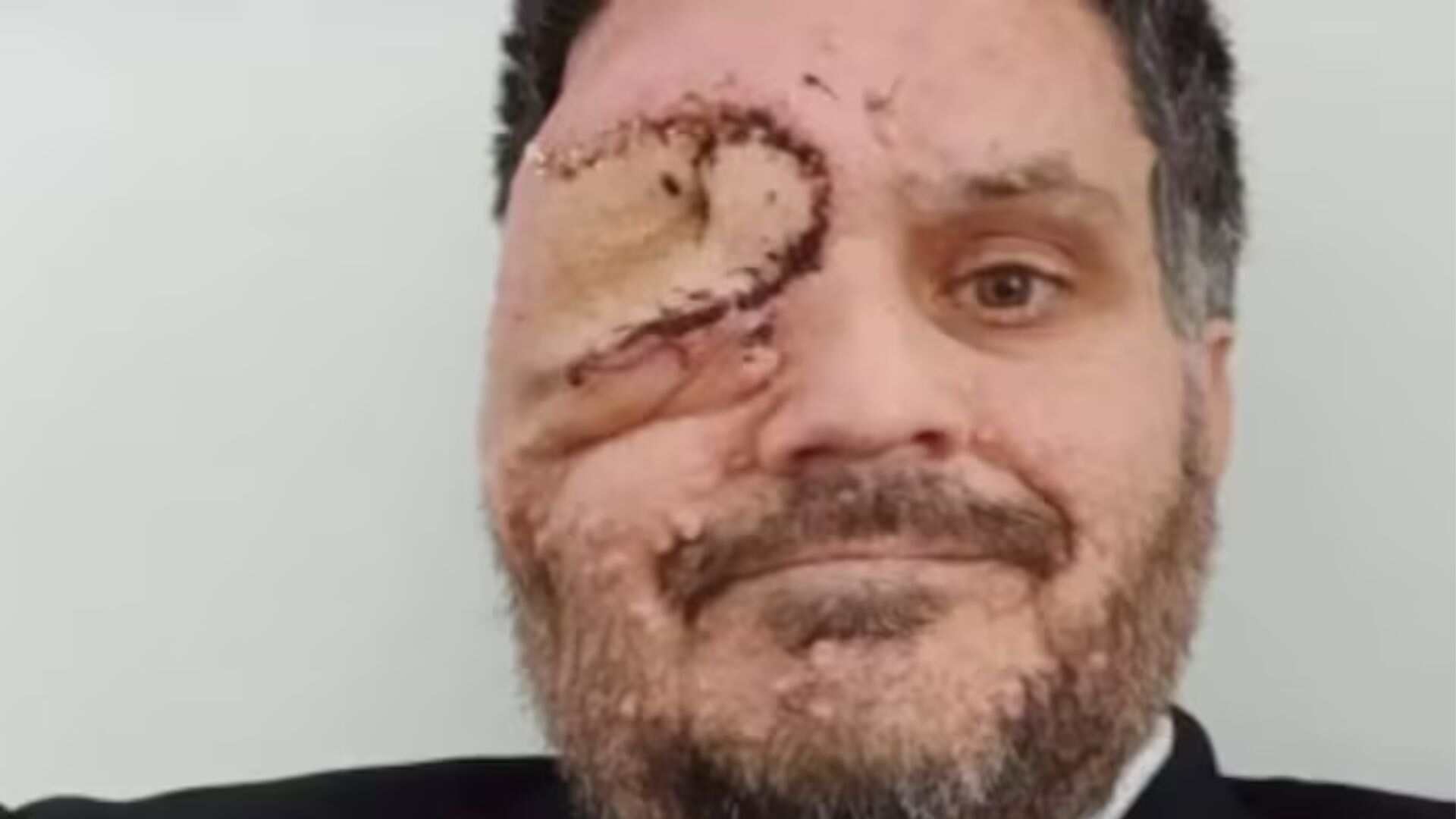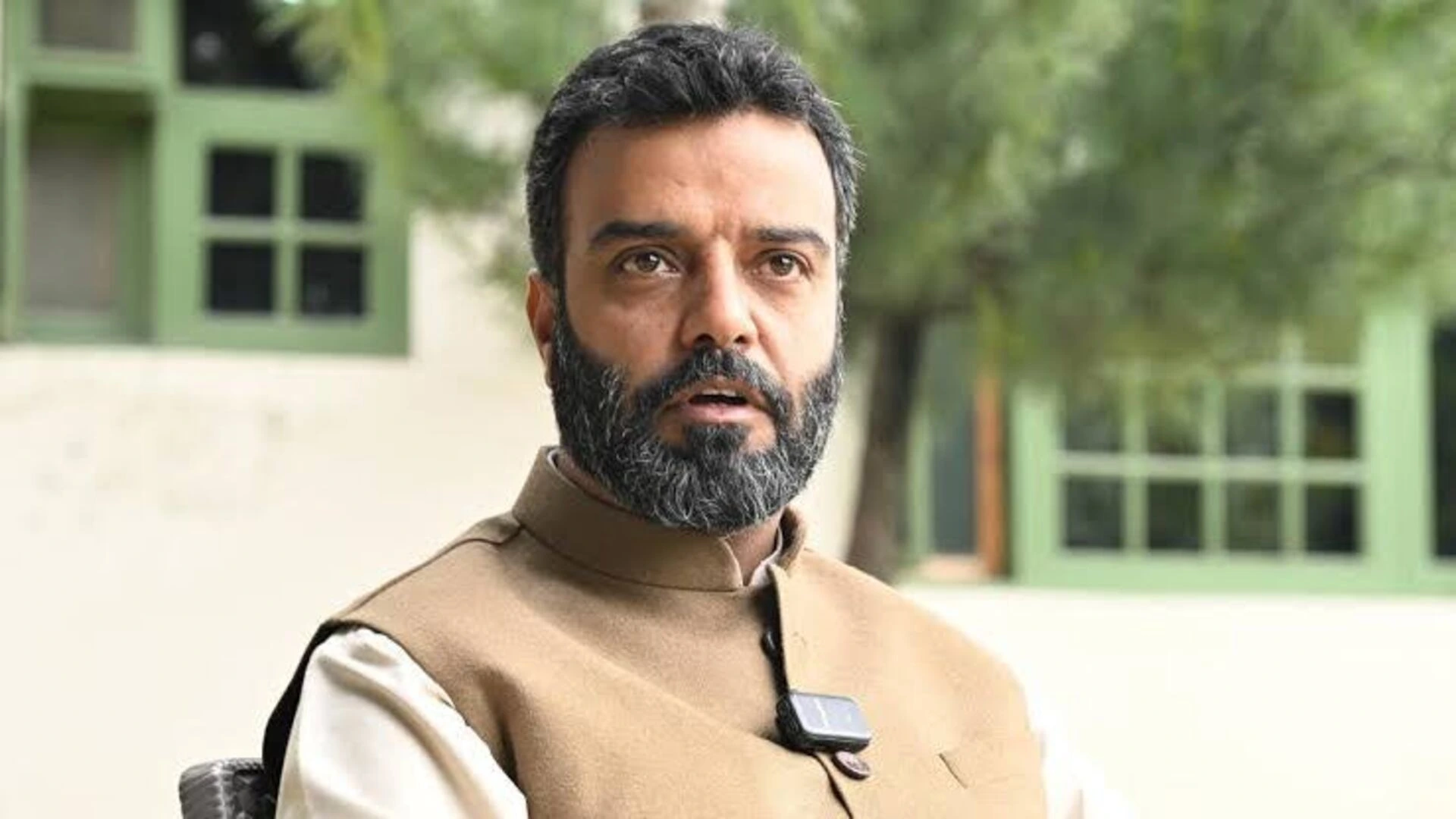Oliver Bromley, a 42-year-old man living with Neurofibromatosis Type 1, was shocked when he was asked to leave a restaurant in London. He had just completed a treatment session at King’s College Hospital in southeast London and decided to grab lunch nearby. However, soon after attempting to place his order, the staff asked him to leave, claiming customers were uncomfortable with his appearance.
Discrimination Faced by Bromley
Bromley was surprised at the abrupt request to leave, noting that this was his first experience of such direct discrimination. “I hadn’t even sat down,” he explained. A man behind the counter told him there had been complaints from customers and asked him to leave. When Bromley sought clarification, the staff member reiterated that he was “scaring customers.” Bromley, who suffers from a genetic disorder causing benign tumors to grow on nerves, found the experience deeply upsetting.
Desire to Raise Awareness
Despite the hurtful encounter, Bromley expressed hope that his situation could lead to better understanding and education about his condition in the hospitality industry. “There’s a lot of naivety around the issue,” Bromley remarked, stressing that his appearance is simply something individuals with his condition have to live with. He added, “I hope this raises awareness and prevents similar incidents in the future.”
No Response from the Restaurant
Bromley reached out to the restaurant, which he chose not to name, but received no reply. Frustrated by the lack of acknowledgment, he reported the incident to the Metropolitan Police, which classified the case as a hate crime. While no arrests were made, the Met assured that hate crime reports are taken seriously.
Calls for Action and Education
This incident has prompted further action from organizations working to prevent discrimination. Trading Standards has been informed of the situation, and the charity Nerve Tumours UK plans to meet with UKHospitality to address staff education in the hospitality sector. Karen Cockburn, director of Nerve Tumours UK, shared that while the restaurant has not responded, UKHospitality has shown a willingness to collaborate on raising awareness of conditions like Neurofibromatosis within the industry.
For Bromley, this upsetting event marked his first direct experience with discrimination, but he remains optimistic that it will spark positive change and promote better understanding of visible differences in public spaces.







